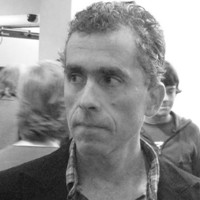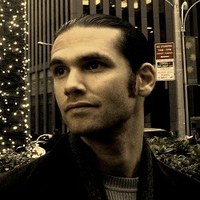Post 4 in a series of ethnographic notes sent from the Pacific Ocean. View more from the series here.
The 3rd mate’s seafaring career began with a desire for basketball shoes. “When I was really young, I saw these guys coming home – seamen from my province – and they looked really amazing,” he shares one afternoon as we stare across the ocean from the bridge, where he is on watchkeeping duty for 8 hours a day. “They had these fancy dresses, basketball shoes… at that time I really liked basketball, so when I saw those brand new shoes, I said, ‘ok, I want that too’. The other men in my town, they were not the same. Even if they had a higher degree of education, they didn’t have those things the seaman were having. So I thought, why study those courses the other guys are studying when I can go with being a seaman?”
Not that his family, in particular two uncles who were seamen, approved: it would be a very hard job, they warned him, and very painful – especially if you have a family. One cousin had died on board a vessel that had sunk over the Atlantic. But the 3rd mate does what he sets his mind to, and so on he went to a Bachelor of Science in Marine Transportation – the college degree a majority of the crew holds.
“And in reality?” I venture, “Is it what you imagined?” The answer is an unequivocal no. “If I had a chance to go back, I would not be here,” he says. “Life on the sea, it’s very different from what I fancied. The stories from previous generations I’ve heard are all quite interesting: no hardships, everything’s ok. But when I got here, I found that everything is saturated. The six months on board… it’s six months of hell. I am constantly missing my loved ones. When I go home, the three months of vacation are even not completely vacations for me.”




 Capital, the State, and War: Class Conflict and Geopolitics in Thirty Years’ Crisis, 1914-1945
Capital, the State, and War: Class Conflict and Geopolitics in Thirty Years’ Crisis, 1914-1945

